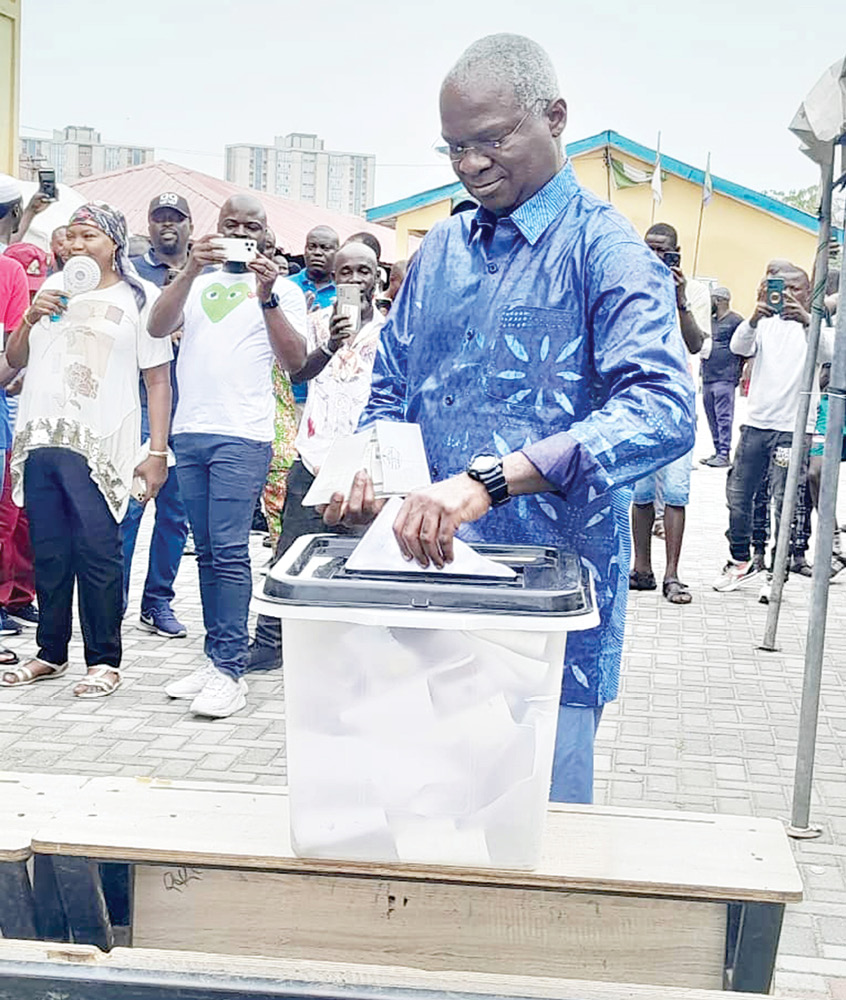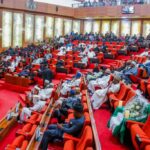Those who watch football will recall when Ghana was kicked out of the 2010 World Cup by Uruguay on penalties in their quarterfinal match in South Africa. Ghana was the last African team remaining in the quarterfinals and could have been the first African country to reach a World Cup semi-final.
In the injury time of the game’s extra time, the score remained 1-1. The penalty shootout was looming. Ghana hoped to avoid going to shootouts as they have not been in one since they lost to Ivory Coast at the AFCON final 18 years earlier.
Suddenly, Ghana was awarded a free kick close to the opponent’s penalty area. Their final opportunity is to score the game-winning goal and avoid the dangerous and unpredictable penalty kicks. The free kick was kicked into the penalty area, and there was a scramble for a goal as the keeper got mixed up.
Luis Suarez first stepped up to stop the ball with his knee and then his hands, resulting in a penalty and a red card. Asamoah Gyan took the penalty kick but hit the post! Ghana eventually lost the game on penalties.
In Uruguay, Luis Suarez is transformed into an angel who sacrificed himself to bring his nation to paradise. In Africa, he is seen as a demon whose deception led to the continent’s descent into hell. Luis Suarez’s actions sparked opinions worldwide, and many have not forgotten about it after 12 years.
At the 2022 World Cup finals, he was asked by a Ghanaian journalist to apologise for his behaviour. He told them that the referee sanctioned him according to the footballing law then, which has not changed now.
Some will say do not blame the player but the game. The one who broke the law was sanctioned, but it still left a bitter taste on the side of the law. The game here is the institution – FIFA, and its rules. However, the global community has ignored one significant player in this game: the referee. The referee was not included in the discussion because he applied the law appropriately.
Many will struggle to recall the referee’s name regardless of their commitment to football. Why is that? Because he followed the rules. He did his job, and the institution and the global community do not hold him in contempt.
Like FIFA, INEC is an institution. Before INEC, there was ECN, FEC, FEDECO and NECON. The players within these institutions are the political parties. The referee is the Chief Returning Officer of the election – imagine Prof. Mahmoud Yakubu during the presidential election or those who officiated at the state level. These officers are supposed to conduct an election by following the rules set by their institution under the Electoral Act. Failure to do so will make them the centre of controversy.
In rare cases, these returning officers become the centre of attention. For example, Mahmud Yakubu was reminded to follow the Electoral Act and the rules set by INEC, which he designed, but he refused. Similarly, the Returning Officer for Kaduna State, Professor Lawal Suleiman Bilbis from Danfodio University Sokoto, was reminded to follow the Electoral Act but refused. Both presiding officers clearly violated the law, and the worrying thing is that the system will let them go unpunished.
The comment from Bilbis brought back two recent memories: Dino Melaye schooling Yakubu during the presidential elections and the statement from the Supreme Court saying it is not Father Christmas for justice after awarding Ahmad Lawan the APC senatorial ticket. The event in Kaduna shows Bilbis was copying the unruly bad behaviour common in our society.
The consequence of their action is not only counting against them individually but also that of the institutions they represent. These returning officers represent Nigeria’s two important institutions – the electoral body and higher education. INEC is an institution that ensures the government draws its just powers from the consent of its people, which should be expressed in free and fair elections. Similarly, universities are considered a resource for economic development as they provide the high-level skills necessary for every labour market and the training for the workforce.
To protect these institutions, we must be able to bring justice to those who violated the law they swore to follow. In Nigeria, the system must be bold to protect these critical institutions as they contribute to development.
Like football, the style of play does not matter. However, people lose confidence in the game when the referee blatantly refuses to apply the rule of the game. The electoral process is a game that must have credibility and an image of fairness. It can have severe consequences as it allows individuals or groups to act with impunity, undermining the rule of law and creating a culture of lawlessness. It can lead to a breakdown of social order, erosion of trust in institutions, and increased crime rates.
Impunity also perpetuates a cycle of violence and fosters a culture of fear and intimidation, making it difficult for individuals to exercise their basic rights and freedoms.
Ultimately, the behaviour of INEC’s returning officers can undermine the foundation of a just and fair Nigeria where everyone is equal before the law. And the only way we can mitigate this problem is to ensure the court brings any perpetrator to justice as stipulated in the Electoral Act.

 Join Daily Trust WhatsApp Community For Quick Access To News and Happenings Around You.
Join Daily Trust WhatsApp Community For Quick Access To News and Happenings Around You.


